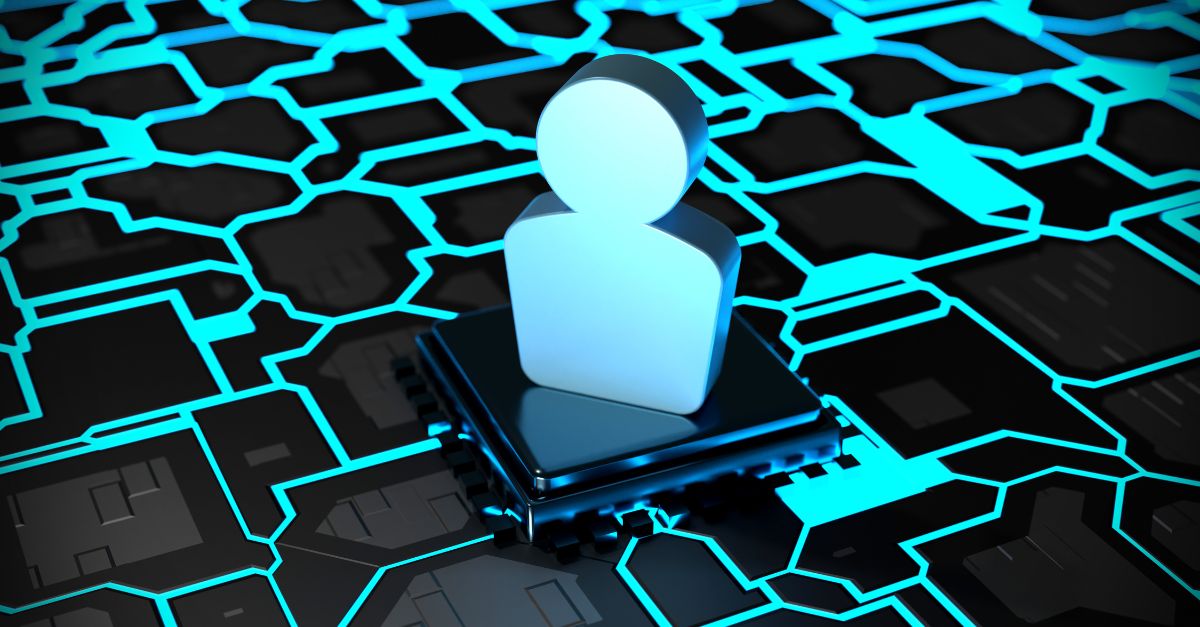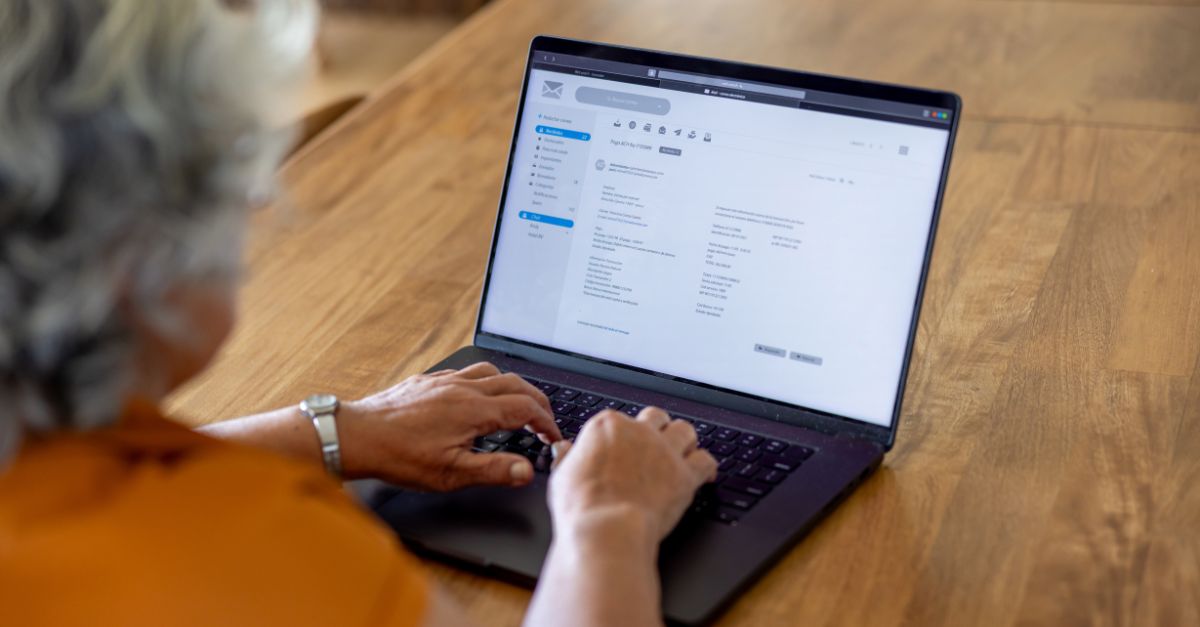Shifts in business mindset along with astounding technological progression have meant remote hiring has become the go-to for snagging the best minds. But this shift brings many challenges, particularly in maintaining robust cybersecurity while effectively acquiring the best candidates. Finding that sweet spot between top talent and watertight security is the ultimate puzzle for businesses in the era of virtual hiring.
In this article, we'll explore how businesses navigate the challenge of balancing top talent acquisition and cybersecurity in the world of remote hiring.
Ensuring Cyber Security for Remote Hiring
Cyber threats loom large in remote hiring processes, as sensitive company data is shared across digital channels. To keep these risks in check, consider these practical steps:
- Secure Email Platforms: Use emails that are verified safe and authentic through digital certificates to safeguard shared data
- Multi-Factor Authentication: Add extra layers of security by requiring multiple forms of verification
- Regular Security Audits: Conduct frequent checks to identify and fix potential vulnerabilities, such as outdated security software, backdoors, or weak security measures like self-signed certificates
- Employee Training: Educate your team about cybersecurity best practices to minimize risks during remote hiring processes
Vulnerabilities in Virtual Interviews and Assessments
Virtual interviews and assessments, although convenient, bring along vulnerabilities that demand attention. Here are detailed tips to address these vulnerabilities and enhance security during virtual interactions:
- Implement Multi-Factor Authentication (MFA): Enable MFA where possible to add an extra layer of security, ensuring that only authorized users can access the virtual interview platform or related systems
- E2E Encryption and Data Privacy: Prioritize platforms that offer end-to-end encryption to protect sensitive conversations and data shared during interviews. Also, encourage candidates to ensure their backgrounds are neutral to safeguard their privacy during video interviews
- Establish Clear Security Policies: Set clear guidelines for both parties involved, outlining how personal information will be handled, stored, and disposed of after the interview process
- Post-Interview Data Handling: Ensure proper disposal of any personal information shared during the interview process and encourage candidates to provide feedback about their experience, including any security-related concerns
Remote Onboarding Challenges
The process continues after hiring; remote onboarding brings its own set of cybersecurity hurdles. Remote onboarding presents distinct cybersecurity challenges that companies must navigate effectively. To address these challenges and ensure a secure onboarding process, consider the following tips:
- Network Security: Establish secure networks for new hires by providing guidelines on setting up secure Wi-Fi connections and using VPNs for added protection.
- Document-Sharing Platforms: Implement secure document-sharing platforms with encryption features to protect confidential company data shared during onboarding processes.
- Verification Protocols: Verify the legitimacy of all communication channels used for onboarding, including emails, messaging apps, or video conferencing tools, to prevent phishing attacks or unauthorized access to information.
Maintaining Data Privacy and Compliance
Ensuring compliance with data privacy regulations adds complexity to remote hiring. Organizations must navigate diverse legal frameworks governing data protection across various regions. Regulatory bodies such as eIDAS in Europe cover the critical legal reference for secure electronic identification and trust services, and will be relevant in any online onboarding process that requires confirming the digital identity of an applicant. Conducting thorough due diligence to align hiring practices with these regulations is indispensable to prevent potential legal ramifications.
Strategies for Successful Secure Remote Hiring
Amid these challenges, strategies can help organizations strike the right balance between cybersecurity and talent acquisition. Prioritizing a robust cybersecurity infrastructure, providing comprehensive training to all involved parties, and securing the digital identity of employees are foundational.
Moreover, employing dedicated cybersecurity experts or partnering with specialized firms can offer tailored solutions for remote hiring security.
The Use of Employer of Record Companies in Remote Hiring
Employer of Record (EOR) companies serve as essential partners for businesses looking to expand their international workforce while ensuring that the business has no compliance issues, manages efficient payroll, and helps with onboarding employees across borders when needed. They also ensure that the business company remains secure and (almost) invulnerable to online threats.
Employer of Record (EOR) companies play a crucial role in simplifying the global hiring process for businesses by assuming the legal employer status for professionals working worldwide.
This approach ensures a streamlined and efficient process for both employers and employees without involving third-party intermediaries. By directly managing these aspects, EORs contribute to a more straightforward and transparent employer-employee relationship.
EOR companies simplify the onboarding process through automating many processes. This includes handling permissions, enrolling employees in automated payroll, benefits, and managing global contractors in numerous countries. The automated onboarding process not only saves time but also ensures consistency and compliance across different regions, saving resources from the parent company.
Final Thoughts
Ultimately, remote hiring opens doors to a global talent pool, yet it demands a careful approach to cybersecurity. Organizations must put together strict security measures with seamless talent acquisition processes to thrive in this digital era. With evolutions to how we work, come evolutions in how we must approach security at organizational scale. With work becoming more and more digitally based, down to the way we interact with our colleagues, it’s more important than ever to have safeguards in place to protect company data and employee’s digital identity.
Through embracing technological advancements, fostering awareness, and implementing strategic measures, businesses can effectively navigate the complexities of remote hiring while safeguarding against cyber threats.
Safeguard your organization’s security with GlobalSign’s Secure Identity Platform
Note: This blog article was written by a guest contributor for the purpose of offering a wider variety of content for our readers. The opinions expressed in this guest author article are solely those of the contributor and do not necessarily reflect those of GlobalSign.







